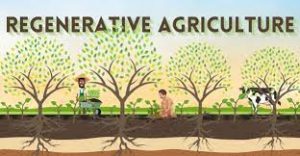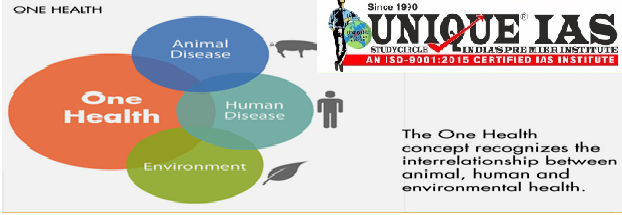REGENERATIVE AGRICULTURE- UNIQUE TO MP
Why in News?
Farmers in Madhya Pradesh who follow regenerative farming methods find that they reduce the need for frequent irrigation, which conserves water and energy.
Overview:
The Green Revolution of the 1960s pulled India from the brink of starvation, but the revolution also made India the world’s biggest extractor of groundwater.
According to the UN’s World Water Development Report, 2022, India extracts 251 cubic km or more than a quarter of the world’s groundwater withdrawal each year; 90 % of this water is used for agriculture.
Currently, there is severe and widespread deficiency of organic carbon and micronutrients in Indian soils.
If agriculture is to continue to feed the country’s undernourished population — 224.5 million, according to the UN’s State of Food Security and Nutrition in the World, 2022 — and drive its economy, it needs to work in harmony with nature, not against it.
Farmers, activists and agricultural research organisations across the world are thus developing methods of chemical-less farming which uses natural inputs and cultivation practices such as crop rotation and diversification, which fall under the wider umbrella of regenerative agriculture.
What is Regenerative Agriculture? :
Regenerative agriculture is a holistic farming system that focuses on soil health, food quality, biodiversity improvement, water quality and air quality through methods such as reducing the use of chemical fertilisers and pesticides, reducing tillage, integrating livestock and using cover crops.
It adheres to the following principles:
Minimize soil distribution through conservation tillage
Diversify crops to replenish nutrients and disrupt pest and disease lifecycles
Retain soil cover using cover crops
Integrate livestock, which adds manure to the soil and serves as a source of carbon sinks.






.jpg)
.jpg)
.jpg)




.jpg)
